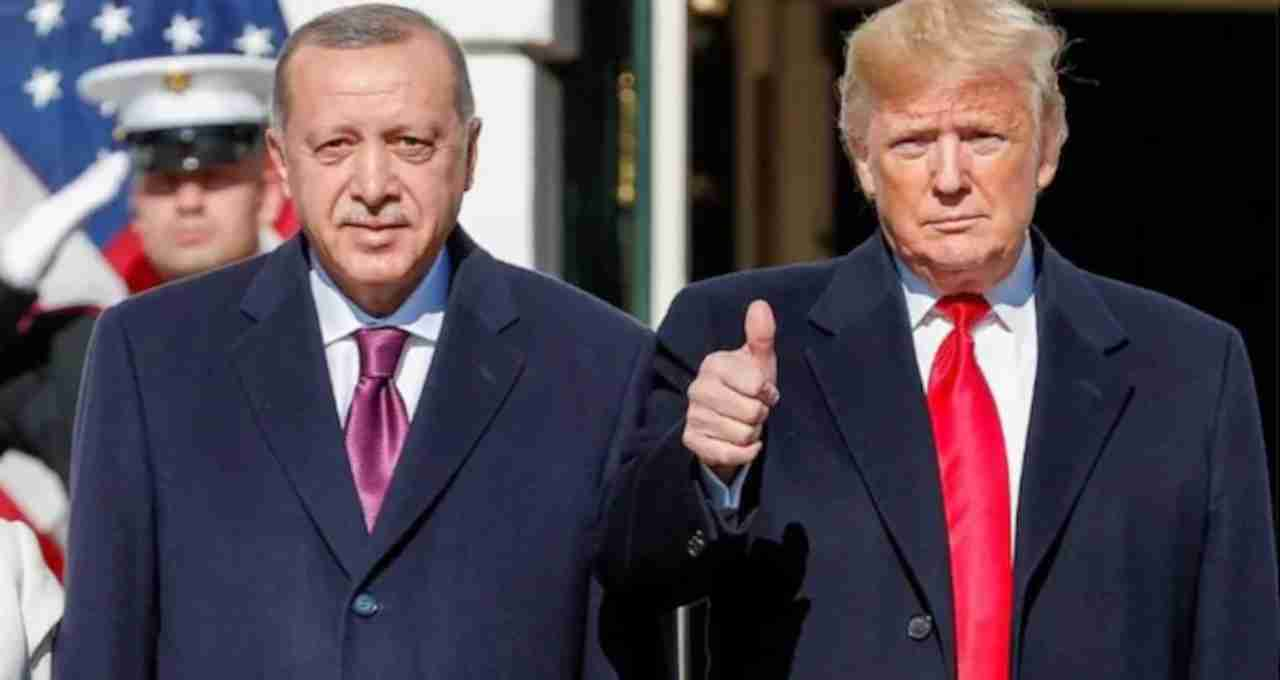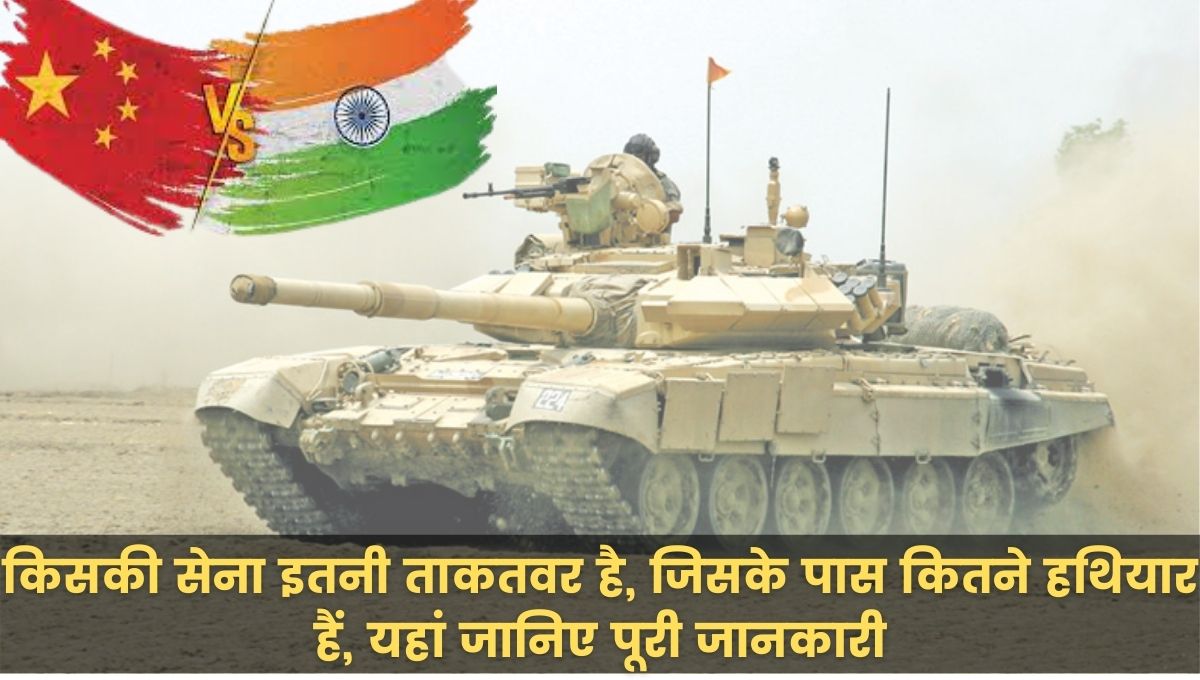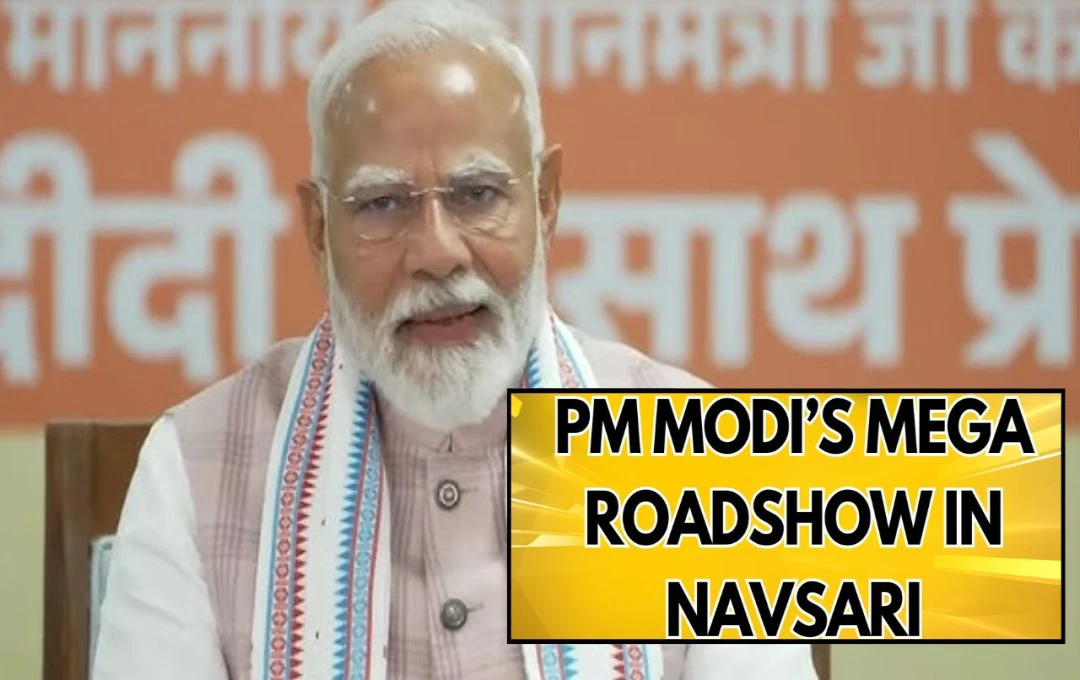The US approval of a $304 million missile sale to Turkey amidst ongoing India-Pakistan tensions is considered a diplomatically sensitive move.
US-Turkey Weapon Deal: A surprising move by the US has sparked concerns in India. The US has approved the sale of $304 million (approximately ₹2,530 crore) worth of advanced missiles to Turkey. This comes after Turkey recently supplied Pakistan with advanced drones, military training, and technical assistance, posing a significant threat to India's security.
This deal emerges at a time of high alert along the India-Pakistan border, following recent border clashes that even led to the postponement of the IPL. Against this backdrop, Indian strategic experts are characterizing the deal as reflecting a double standard in US policy.
Turkey to Receive Advanced AIM-120 AMRAAM Missile System
The proposed deal, put forth by the US Defense Security Cooperation Agency (DSCA), includes air-to-air missiles like the AIM-120 AMRAAM. Turkey has requested 53 Advanced Medium-Range Air-to-Air Missiles and 60 AIM-120C-8 Block II missiles, totaling approximately $304 million.

According to the DSCA, this sale aims to fulfill Turkey's security needs under NATO cooperation and strengthen US-Turkey military ties. However, the deal is still subject to final approval from the US Congress.
Growing Anger and Questions in India
The decision has met with b opposition in India. Hashtags like #BoycottUSA and #StopArmingTurkey are trending on social media. Defense experts point out that Turkey is not only providing drones and military advisors to Pakistan but also consistently making anti-India statements.
Intelligence reports from last month claimed that Turkey supplied Pakistan with approximately 350 military drones, training personnel, and ISR (Intelligence, Surveillance, and Reconnaissance) technology, allegedly used for infiltration and surveillance along Indian borders.
Is the US Playing a Double Game?
Indian foreign policy analysts argue that this US move contradicts its designation of India as a ‘strategic partner.’ While appearing to stand with India in forums like the QUAD, the US simultaneously arms a pro-Pakistan country with advanced weaponry. Senior diplomatic analyst Dr. Ajay Bahal states that if the US were truly a reliable ally of India, it should have at least postponed this deal during such a sensitive time. This, he says, demonstrates a disregard for India's security concerns.

US Rationale and Strategic Calculus
While Washington has yet to issue a formal statement, sources suggest the US believes this deal falls under NATO cooperation and that India should not misinterpret its implications. Some analysts also believe the US is trying to wean Turkey away from Russian influence, considering Turkey's 2019 purchase of the S-400 missile system from Russia. This purchase led to Turkey's removal from the F-35 program and the imposition of CAATSA sanctions.
If approved by the US Congress, this deal would significantly enhance Turkey's military capabilities. This is a worrying development for India, as a technologically empowered Turkey, in collaboration with Pakistan, could create regional imbalance.













